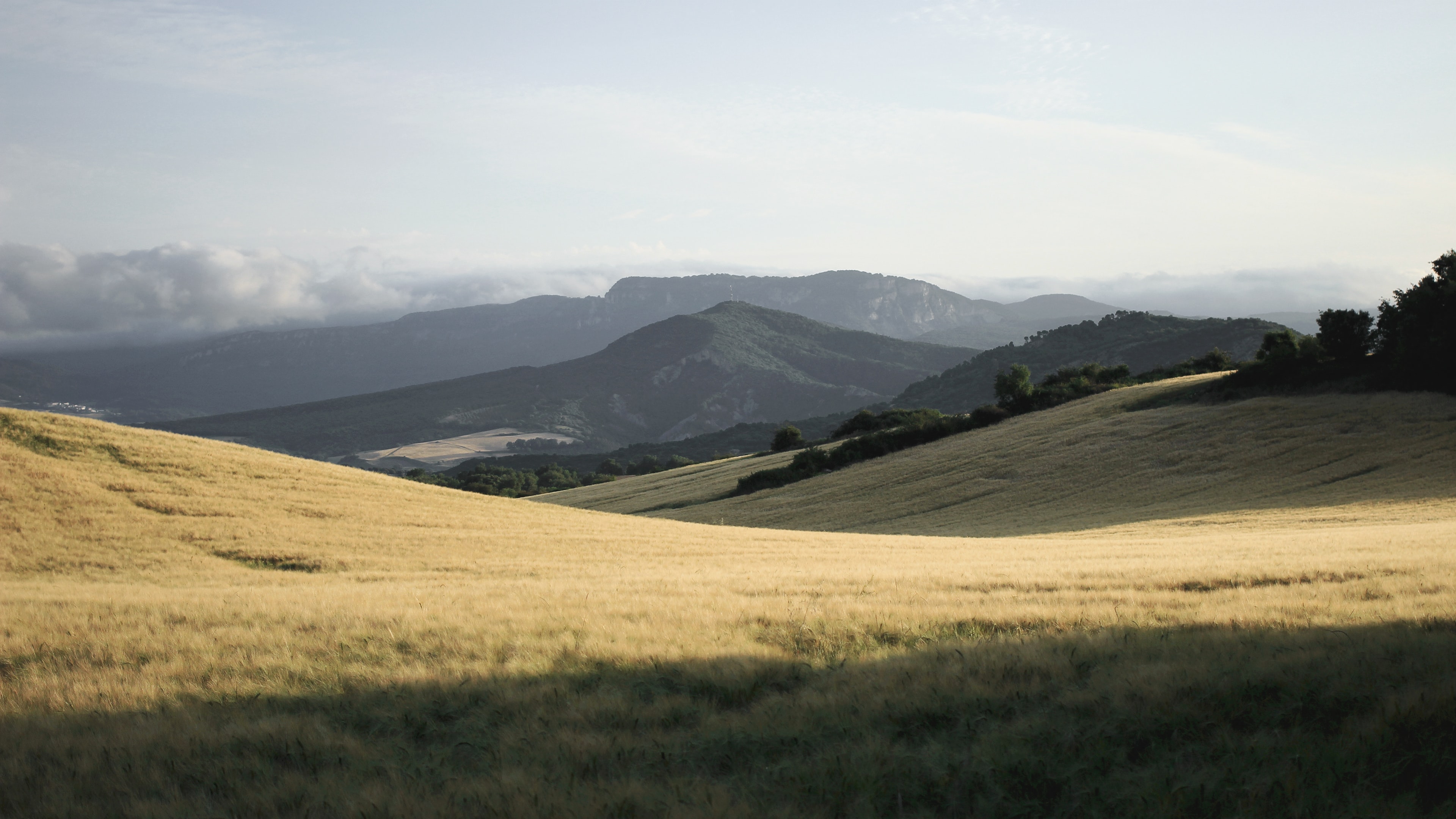Busy pastors are in danger. In due time, they’ll be busted up, broken down, and burned out. In The Contemplative Pastor, Eugene Peterson’s assessment of busy pastors is right on the nose.
“The word busy is a symptom not of commitment but of betrayal. It is not devotion but defection. The adjective busy set as a modifier to pastor should sound to our ears like adulterous to characterize a wife or embezzling to describe a banker. It is an outrageous scandal, a blasphemous affront.”
Peterson says pastors love to be busy for two reasons. First, because of vanity. He says of himself, “I want to appear important. Significant. What better way than to be busy? The incredible hours, the crowded schedule, and the heavy demands on my time are proof to myself—and to all who will notice—that I am important.” Second, Peterson says pastors love to be busy because, ironically, we’re lazy. We let others decide our schedule and what’s most important.
We must do the work of ministry, and we must also do the un-work of rest. Slowing down. Quieting our hearts, minds, and lives before the Lord.
Get Away with Jesus
Mark 6:30–31 shows how grueling ministry can be. The apostles report their activities to Jesus—they’re so busy they barely have time to eat.
“The apostles gathered around Jesus and reported to him all that they had done and taught. He said to them, ‘Come away by yourselves to a remote place and rest for a while.’ For many people were coming and going, and they did not even have time to eat.” (Mark 6:30–31)
Can you relate? How many times have you skipped breakfast because you just had too much to do? How many times have you worked through lunch without even realizing it? Brothers, let’s admit this isn’t a commendable pastoral habit. If we can’t pause from our work to enjoy even a basic human function, we aren’t acting like supermen; we’re acting sub-human. We’re not Reformed robots. We’re finite—creatures made in God’s image and utterly dependent on him. Therefore, so are our calendars, to-do lists, and expectations.
I hope you see yourself in Mark 6. There’s always a lot going on. And yet Jesus looks at us and says, “Friend, get away to a quiet, remote place and rest awhile.” We’re not Reformed robots. We’re finite—creatures made in God’s image and utterly dependent on him. Therefore, so are our calendars, to-do lists, and expectations. Condividi il Tweet
You may think, How am I going to do that? There’s no one else to preach. I don’t have the funds to decompress at a beach for a week. And I need rest now. Fair enough. We need a way to rest in the middle of the mayhem. That’s exactly what Jesus offers his apostles in Mark 6, and that’s what he offers us, too.
A Simple Way to Slow Down
What I’m about to recommend may be unconventional to high-energy entrepreneurs, and the most doctrinal among us may find it uncomfortable.
A simple way to slow down in the ordinary spaces of your life is to read poetry. We love to trace logic, follow flow, and examine argumentation, but we also need a kind of reading that rejects those habits. Pastors, pick up poetry! Poetry and hymns are designed to make you linger and reflect. Poetry is the pot roast of reading. You must take the time to slow down, meditate, and savor. Condividi il Tweet
You can’t rush poetry. It slaps your hand as you try. For years I didn’t “get poetry” because I was reading it too fast. I treated it like a systematic theology text. I wanted the nugget, the truth, the insight. I wanted the meat and wanted to move on. But poetry and hymns are designed to make you linger and reflect. Poetry is the pot roast of reading. You must take the time to slow down, meditate, and savor. Ten minutes of quiet, leisurely reading can do your heart, soul, mind, and body a world of good.
Begin with the slow reading of God-breathed poetry, the Psalms. Take a moment in whatever part of the day works for you and refuse to treat the Psalms like social media. No skimming, no speeding. Slow down and see what the Lord has for your soul. Rest in his kindness. Rejoice in God’s goodness as you learn to be still and know that he is God. Start in Psalm 1 and read one every day.
In addition to the Psalms, there are plenty of poets you can explore to find what suits you. If you aren’t ready for straight poetry, go to a hymnal. Pick up Spurgeon’s hymnbook or the hymns of Isaac Watts or the Wesleys. Check out Refuge of My Weary Soul and other hymns and poetry by Anne Steele (1717–1778). Steele writes in one hymn:
O the rich depths of love divine! Of bliss, a boundless store:
Dear Saviour, let me call thee mine; I cannot wish for more.
I yield, to thy dear conqu’ring arms, I yield my captive soul:
O let thy all-subduing charms, my inmost pow’rs control!
On thee alone my hope relies; beneath thy cross I fall:
My Lord, my life, my sacrifice, my Saviour, and my all.
Slow down. Savor the words of the poets and psalmists that point you to Jesus. Rest for a while at your desk, your corner chair, or the coffee shop. God is there, too.










